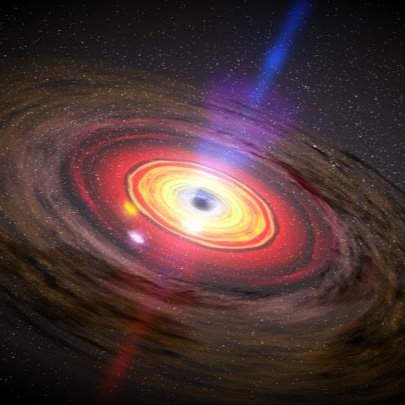Hi,
For Azure VM disks there is no hardware RAID controller like you might have with a physical server on premises. It is preferred that you use Managed Disk(s) for the OS and data disk(s). Your redundancy options are Locally-Redundant Storage (LRS) which translates to 3 copies of your data stored in same datacenter as VM or Zone-Redundant Storage (ZRS) which typically translates to total of 9 copies of your data, 3 copies in same datacenter and 3 copies in each of two other datacenters in same Azure Region.
Redundancy options for managed disks
https://learn.microsoft.com/en-us/azure/virtual-machines/disks-redundancy
On top of that you can choose the type of disk. Premium SSD, Standard SSD, and Standard HDD (traditional hard disk) are some the most common options, in order of performance. You may also choose Ultra Disk for special workloads where you need highest performance. Please see article below for types of managed disks:
https://learn.microsoft.com/en-us/azure/virtual-machines/disks-types
Most VM instance types also include a temporary disk which may be SSD or standard HDD for the temp drive. This disk is volatile so no data that you need to be persistent should be stored on it.
The above is basic overview of VM disks. There are more complicated options and use cases that I didn't touch on, but it should be enough for your use case as you described it.
If the above was useful please click Accept Answer.
Thanks.
-TP


